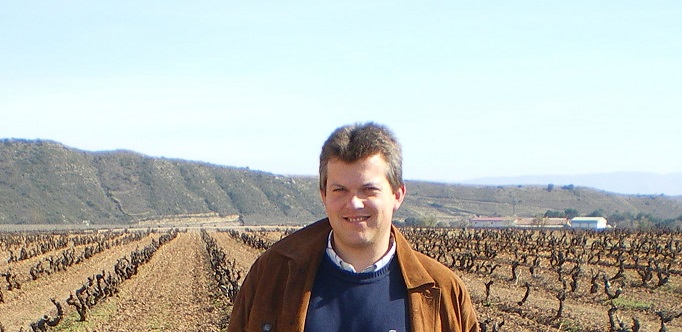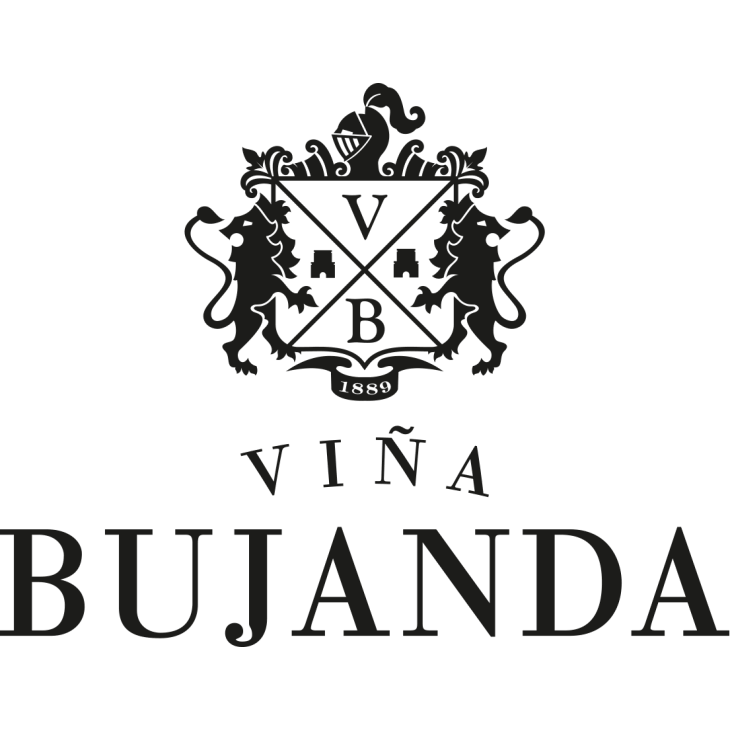The Technical Director at Familia Martínez Bujanda is openly in favour of the differentiation of vineyards and wineries and the recognition of terroirs and estates.
The wine world is facing a new era in Spain, with more and more voices committed to recovering greater authenticity and differentiation for the extraordinary vineyards that are still in operation. Lauren Rosillo gives us his opinion on a question that is likely to mark a before and after. For the first time ever, the Spanish wine sector has identified the need to differentiate vineyards, wines and wineries, like in other important and historic wine producing countries, such as France, Italy, Germany, and Austria.
- What is happening in the Spanish wine sector, with movements and lobbies, that are calling for greater identification and recognition of the terroirs and vineyards?
- Since halfway through the past decade, Spain has acquired the role of producer of cheap wine with a reasonable quality in the international markets. With the crisis of recent years, this situation has been extended to the national market and has worsened in the international markets. In this context, the small producers and makers of estate wines and specific terroirs have seen how their competitive advantage is diminished in an increasingly global market that is isolated from the vineyard. Therefore, there is an increasing call for official differentiation of these wines as they conserve the classic diversity and heterogeneity in the wine market and are its essence.
- Familia Martínez Bujanda is a member of the Association of Great Wine Estates of Spain. Is the differentiation of this vinification model still important for Finca Valpiedra?
- Great Wine Estates is a private association that aims to highlight the differences of each and every one of its wine estates and use this differentiation as part of its own fundamental purpose.
- Spain has a problem: it sells wine but at low prices. Is the differentiation of productions necessary?
- Spain is a country where vine cultivation is relatively simple thanks to its climatic conditions. Only in certain areas is the cultivation more costly due to its special climatology or its terrain. These areas, which at times are heroic viticulture, are the most affected in this context. On the other hand, the advantage of easy cultivation, together with the high average quality of our wines compared with those of our most direct competitors (Italy and France), must make us see that the continued fall in prices of Spanish wines makes no sense and will only led to the loss of profitability of the wineries.
- The Familia Martínez Bujanda group produces estate and plot wines with brands that are already nationally and internationally renowned for this commitments to its origins. What specifically is required from the legislative field?
- In addition to official recognition, which would only serve to back up our situation, a policy that does not benefit from increased yields from the denominations of origin, uncontrolled watering or increased yield in the transformation is also required.
- Have you signed the Club Matador manifesto, which calls for the recognition of the country’s unique vineyards? Why?
- For the past 6,000 years, viticulture and enology have been linked to small terroirs, family-run companies, local varieties, and in short, a vineyard with close ties to the local area. This is what the manifesto aims to defend as a globalised wine market it would leave out their essence, or in other words, these small producers.
- Has the time come to remove the ‘make-up’ from wine and search the authenticity of the terroirs and the vintages with their logical ups and downs?
- Unfortunately, the only thing that can save the exceptional vineyards is for them to remain beyond the “made-up” wine umbrella, whereby this word refers to that which is produced seeking global tastes, introducing pieces of wood in the tanks, with specific aromas to satisfy the consumer. In other words, wines that do not reveal their origin but rather an average quality standard adapted to the widest consumer profile. This tendency, even business, is a fact today at a worldwide level and only a small space is called for the rest of the great estate wines.






